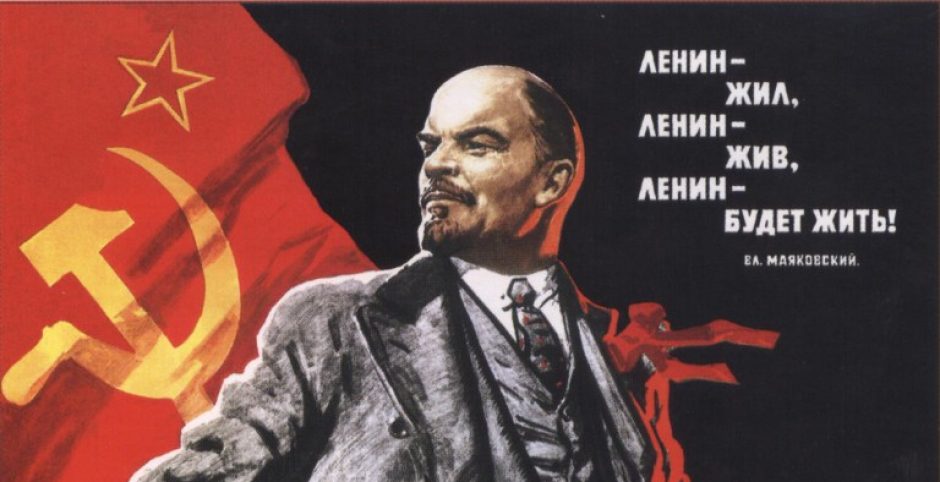The death of Stalin posed a challenge for his successors. As Khrushchev recounted in his secret speech, the Soviet Union had become a very sick place during Stalin’s reign. His nakedly cynical personality cult had become pervasive, innocent, loyal Soviets had been executed or sent to the gulags for years, and monsters like Lavrentiy Beria had risen to the heights of power. In light of all of this, it was clear to Khrushchev and those around him that there must be a break from this past. Something had to be done.
The secret speech and subsequent de-Stalinization was their answer. As far as the speech itself is concerned, it really is a rather harsh recitation and condemnation of some of Stalin’s worst abuses. Khrushchev and company seemed to feel that telling people the truth was important. However, they also seemed to think that, upon being told the truth, Soviet citizens would be ready to move on and accept the return to Leninism that they were advocating, that after decades of Stalinism the people would simply be able to continue as normal upon being told that the man they looked up to, even revered, was a horrible criminal. Instead, they were angry, confused, or some combination thereof. People didn’t know what to do or how to properly react to the sudden change; “many witnesses looked to proximate authorities to provide clarity and stability, peppering the local and central authorities with requests for guidelines”(Jones, 48).
Stalin’s heirs wanted a clean break from their predecessor, but they were not ready to face the full implications such a break would entail. The Soviet Union’s leaders tried to get people to move on, suppressing even anti-Stalin dissent when they felt it went too far. But it was for this very reason that people couldn’t move on; by attempting to return to Leninism as if nothing had happened, the Soviet Union failed to deal with the the nation’s collective trauma, and failed to truly reckon with the system Stalin led and the system that led to Stalin.

One thing that stands out is the way in which during this time of de-Stalinization there was a disconnect in the way that communist Russia was supposed to tackle the way in which one talked about individuals. In the Secret Speech, Khrushchev denounced the equating the individual to a god, with Stalin being the example. He stated, “After Stalin’s death, the central committee began explaining that it is foreign to the spirit of Marxism-Leninism to elevate one person, to transform him into a superman possessing supernatural characteristics, akin to those of a god.”
The big problems with Stalin’s regime, according to this speech, was the turning of Stalin into a God. However, in denouncing the evils that Stalin had brought to Russia, Lenin turns into the man who becomes equated with God. “Love live the victorious banner of our party – Leninism!”, Khrushchev exclaims at the end. It seems as if to start solving the fundamental problems with the way in which Russia was structured at the time, looking to a previous system that had been corrupted might have not been a good idea. This contradiction seems to help generate frustration throughout the people.
The ideas of successors and legacy in the case of Stalin reminded me of the various succession crises we’ve read about concerning monarchs and czars. It seems that the belief of the people in Stalin as looking out for the Union and everyone in it is not so different from past ideas of the czar being the people’s protector from the tyranny of the nobles. In his autobiography, Evrushenko writes about processing the death of Stalin and his legacy: “What the people wanted was that someone should speak to them openly and seriously about how they were going to live. They had never reduced the notion of ‘living’ to food, housing and clothing. For them ‘living’ had always included ‘believing’” (Evgenii Evtushenko, web). Despite such monumental changes in Russian society as the autocracy being abolished, atheism being enforced, and Stalin marching the country into modernization by brutal means, was the system of Soviet power really so different from the deeply orthodox or imperial days when it depended on the people’s belief in a single, all-powerful leader?